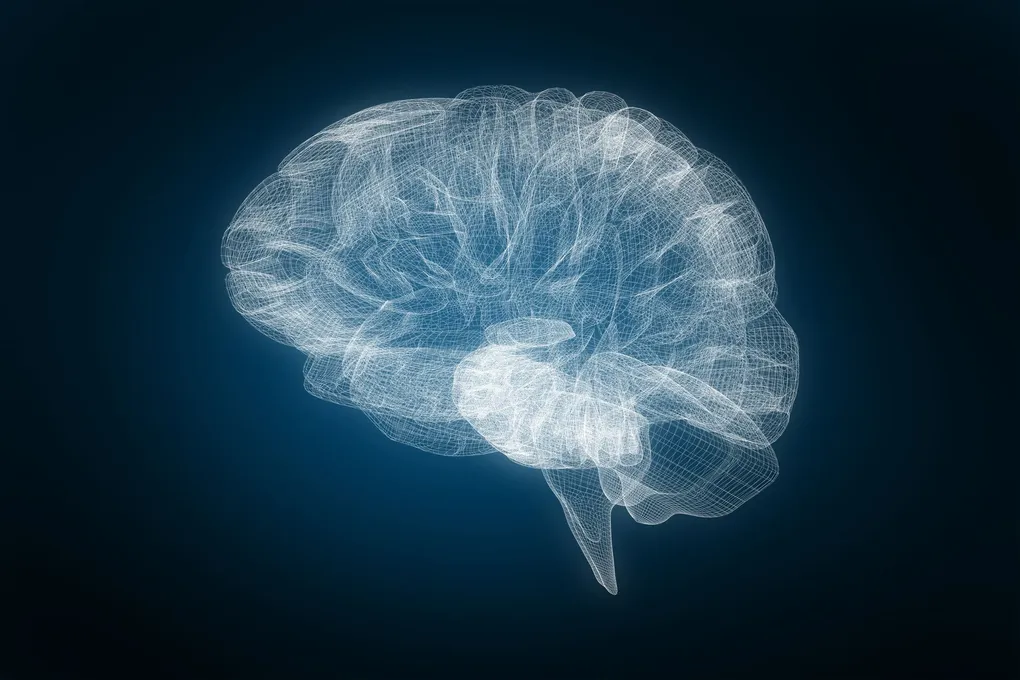Annovis Bio Reports Significant Findings in Alzheimer’s Study with Buntanetap

Phase II/III Trial Results Released: Progressing Toward Enhanced Therapies for Neurological Disorders
MALVERN, PA — April 29, 2024 — Annovis Bio, a pioneer in developing novel therapies for neurodegenerative diseases, is excited to share the results of our recent Phase II/III study evaluating the efficacy of buntanetap in patients with mild to moderate Alzheimer’s disease (AD). Our findings mark a significant step forward in the fight against this challenging disease.
Study Overview
Our latest study was a randomized, double-blind, placebo-controlled trial designed to test the safety, efficacy, and tolerability of buntanetap, an innovative treatment that targets the production of neurotoxic proteins implicated in Alzheimer’s. Over 12 weeks, patients received one of three doses of buntanetap or a placebo, in addition to their standard care.

Statistically Significant Improvements
The results were striking. We observed a significant improvement in cognitive function as measured by the Alzheimer’s Disease Assessment Scale-Cognitive Subscale 11 (ADAS-Cog 11). Patients treated with buntanetap showed a 3.3-point improvement at three months, compared to just 0.3 for those receiving a placebo. These outcomes were consistent across all doses and particularly pronounced in patients with mild AD identified through the latest biomarker analyses.
Advancements in Biomarker Analysis
Our understanding of Alzheimer’s biomarkers has evolved rapidly. Initially, our recruitment process did not pre-screen patients for AD biomarkers. However, developments in clinically validated plasma biomarkers allowed us to fast-track these measurements. By the end of the study, we could accurately distinguish between patients with confirmed Alzheimer’s and those without, enhancing the precision of our findings.
Looking Ahead: A Pivotal Phase III Trial
Encouraged by these results, Annovis Bio is preparing to launch a pivotal Phase III trial focused on biomarker-positive early AD patients. This next step is crucial as we continue to advance our understanding and treatment of Alzheimer’s disease.
Acknowledgments
We extend our deepest gratitude to the 325 patients who participated in the study, as well as their caregivers, without whom this research would not be possible. Your commitment is helping to pave the way for future breakthroughs.
